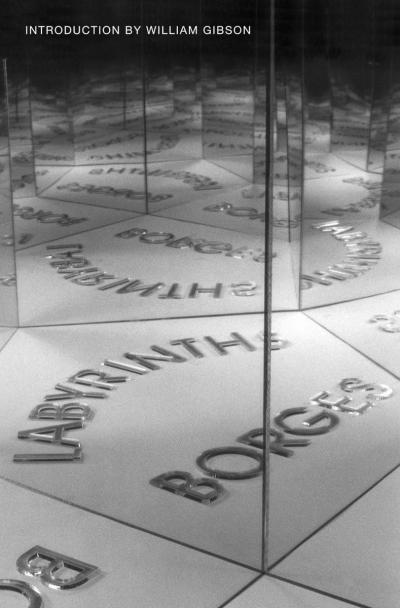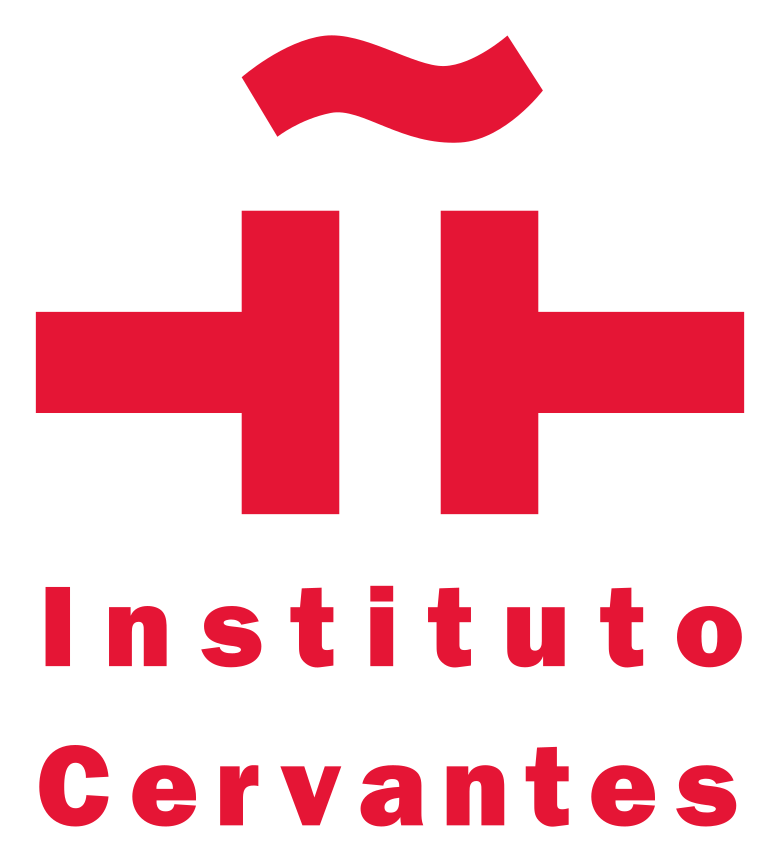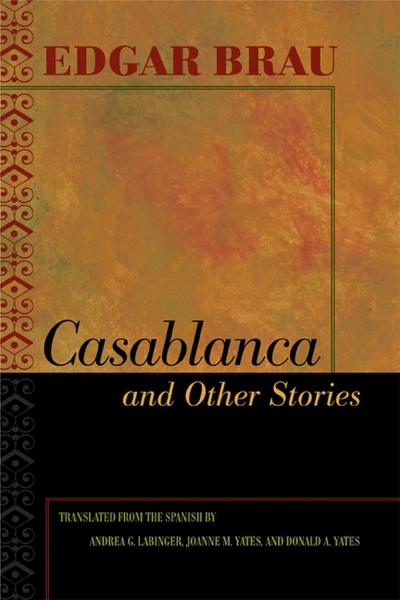

TrEHLUS-21
Translations in English of Hispanic Literature in the 21st-Century US
Observatorio Instituto Cervantes - Harvard University
Labyrinths : Selected Stories & Other Writings

© 2025 - Observatorio de la lengua española y las culturas hispánicas en los Estados Unidos

